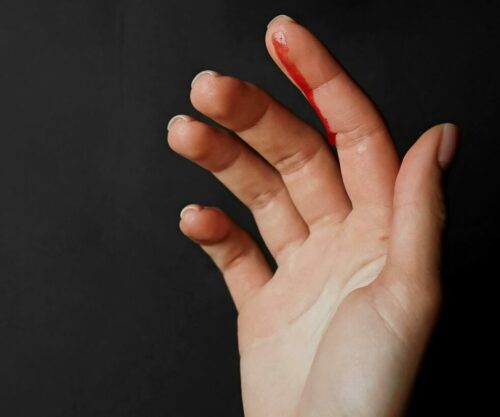
Dengue fever can turn your world upside down with its sudden onset of high fever, body aches, and fatigue. While there’s no magic cure, managing dengue effectively is crucial for a smooth recovery and avoiding complications.
From staying hydrated to boosting your immune system, small but powerful steps can make all the difference. In this article, we’ll share practical and expert-backed tips to treat dengue fever, helping you or your loved ones bounce back stronger and healthier.
Dengue fever is defined by the Cleveland Clinic as a mosquito-borne illness caused by the dengue virus, found in tropical and subtropical regions like Central and South America, Africa, Asia, and the Pacific Islands. It is stated that this fever is not contagious but can cause severe complications if passed from a pregnant person to their child.
“Research estimates that nearly 400 million people get infected with dengue each year, but most (about 80%) have no symptoms.”
The above source continues to explain that immunity to dengue virus is possible after infection, but the process is complex. The immune system is claimed to use antibodies to recognise and fight infections, destroying specific threats. However, the publication states that if a different strain of dengue virus gets infected, it can use imperfect antibodies to trick the immune system, allowing it to enter cells without being destroyed. This, according to the above clinic, makes it easier for the virus to infect and cause more severe illness.
To manage dengue fever, Health Xchange suggest that you drink plenty of fluids, avoid sugary drinks, and take medications for fever, joint pains, nausea, vomiting, and itchy rashes. “Rest in bed, reduce the risk of falls and injuries to avoid the risk of unnecessary bleeding. Intramuscular injections should be avoided. If you develop bleeding, bruises or swellings while recovering from dengue fever, please contact your doctor or nurse immediately.”
Also see: Home remedies for mosquito bites




